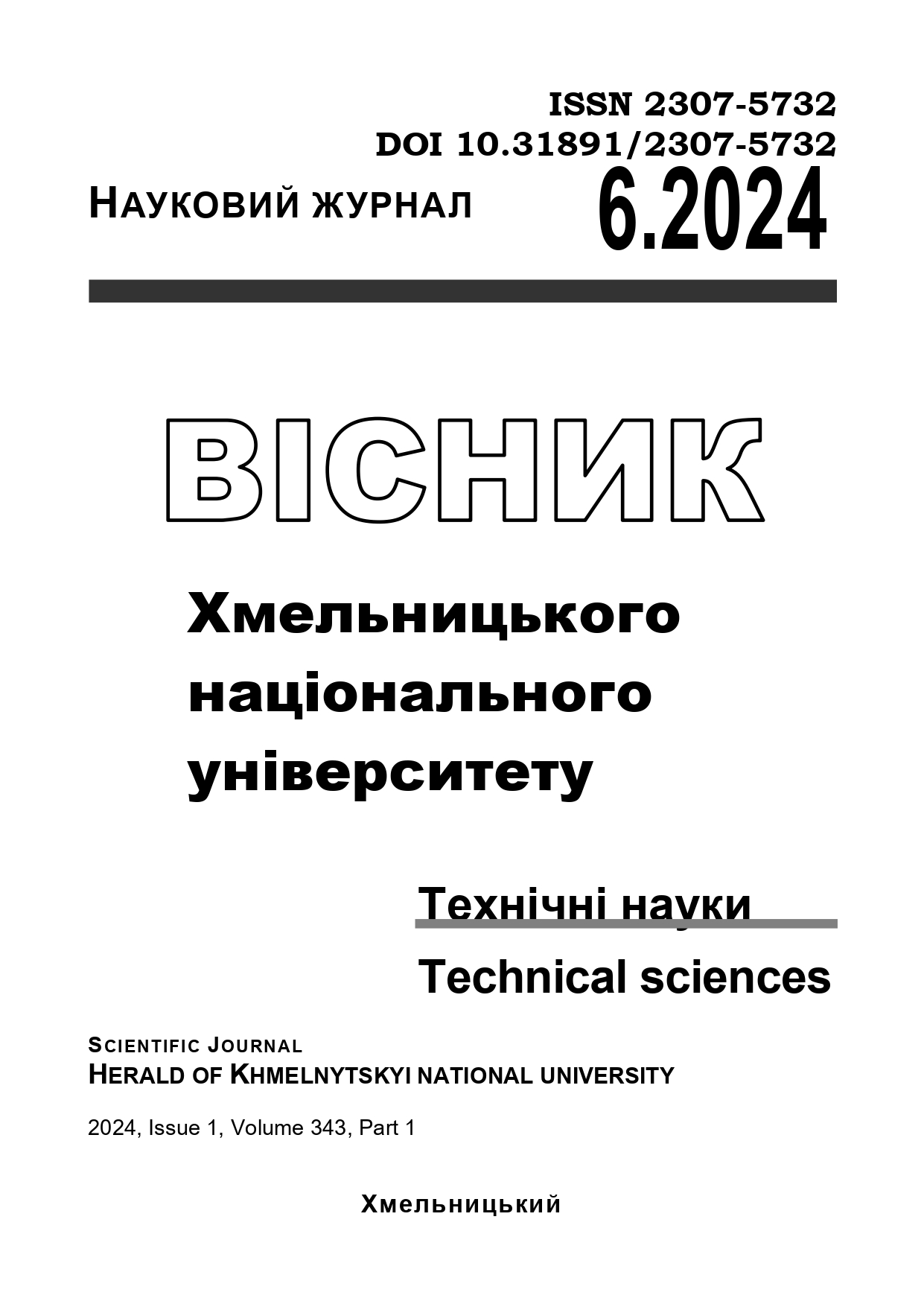FORMAL DESCRIPTION OF UNIVERSITY TEACHER WORKING TIME ACCOUNTING USING AN ONTOLOGICAL MODEL
DOI:
https://doi.org/10.31891/2307-5732-2024-343-6-10Keywords:
ontology, ontological model, knowledge base, Protégé ontology editorAbstract
An essential part of the knowledge formalization process is the representation of key concepts from various subject areas through an ontological model. Ontological models can complement each other and create a unified conceptual space, thereby expanding the terminological base for acquiring knowledge. In the framework of formalizing the activity processes of higher educational institutions, the accounting of teacher working time was analyzed based on their needs and the already defined core terms within existing ontologies for higher educational institutions, such as "teacher," "discipline," "specialty," "types of classes," and "individual teacher plan," as well as newly added terms like "teacher’s work" and "work object." All these terms are formalized within the subject area of "University Teacher Working Time Accounting" based on the regulation for teacher working time accounting in higher educational institutions.
The main stages of ontology creation, methods of their representation, and the process of identifying classes, their properties, and relationships between them based on natural language texts are discussed. To extract knowledge from natural language texts, the method of representing statements as binary predicates is employed. Knowledge is represented formally through quantifier-free predicate logic statements and OWL DL language. New knowledge generation is achieved using automated logical inference tools (HermiT) with predefined inference rule templates in SWRL. The Protégé editor was used to create the ontology and implement logical inferences. The result is an ontological model that enables teachers to address questions arising while preparing the "Teacher’s Individual Plan" document.

